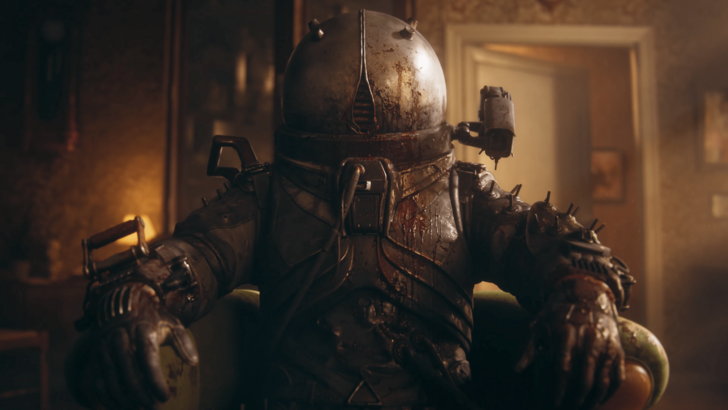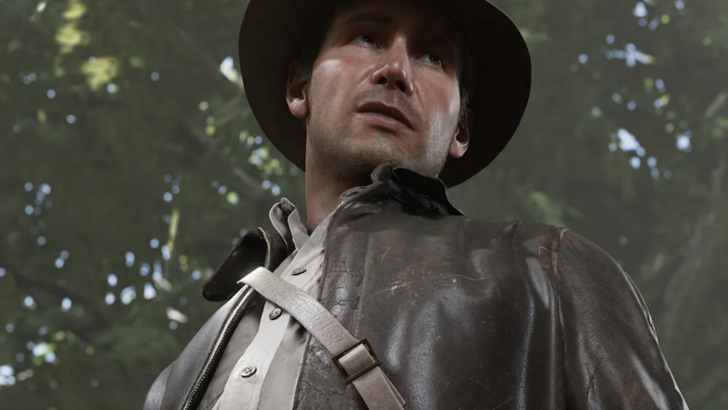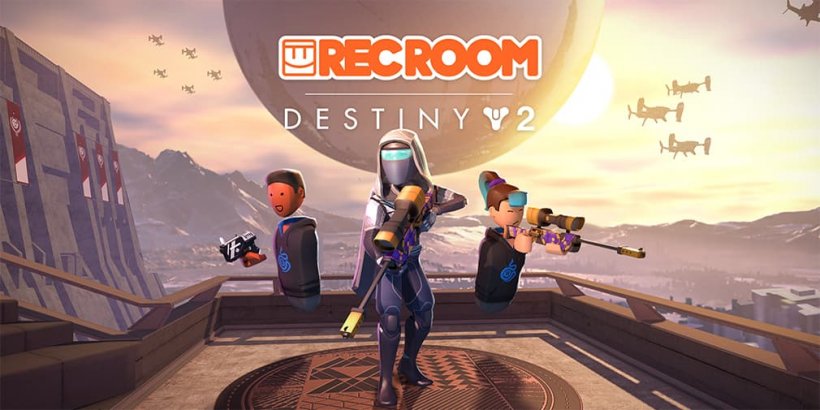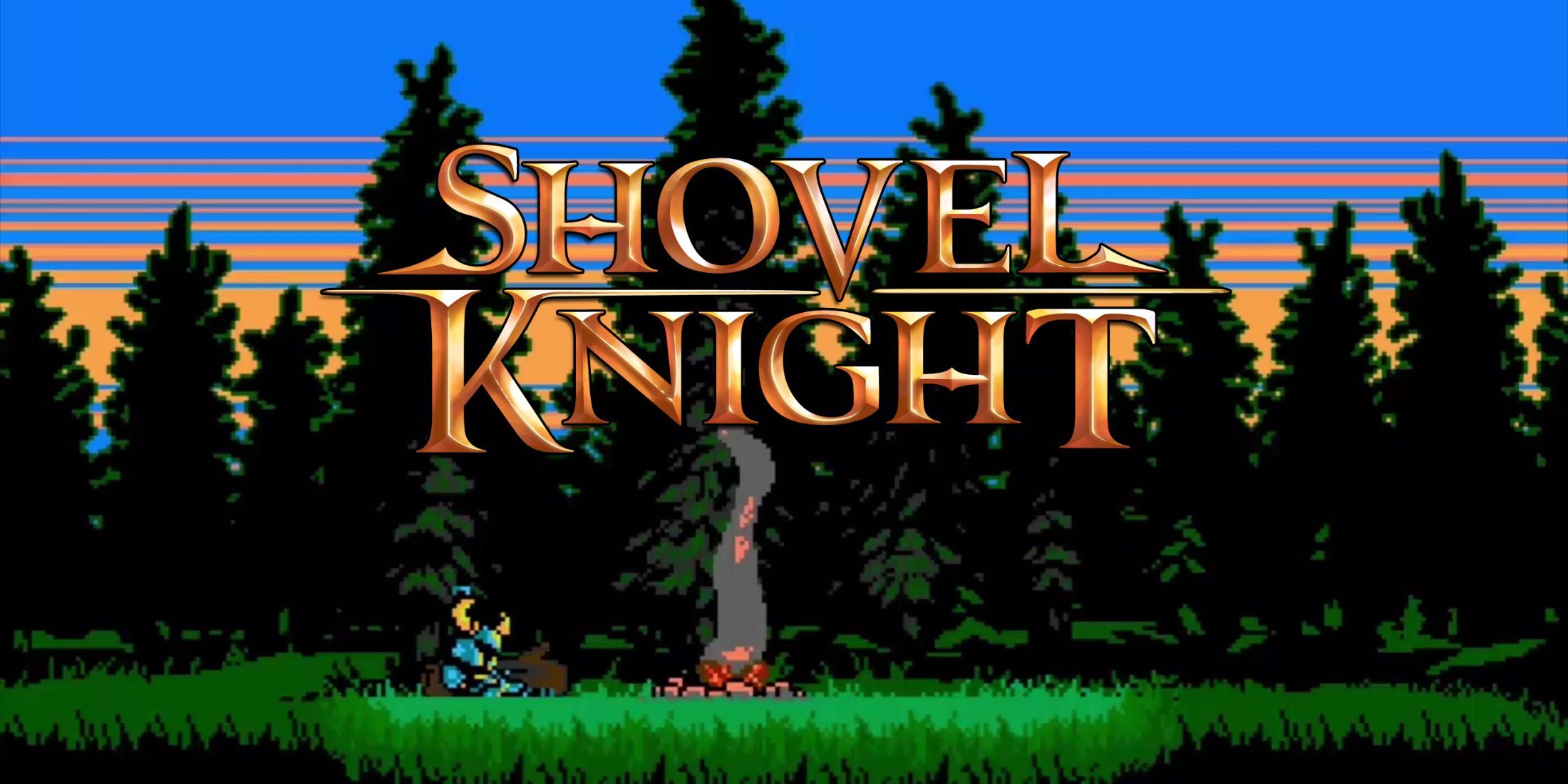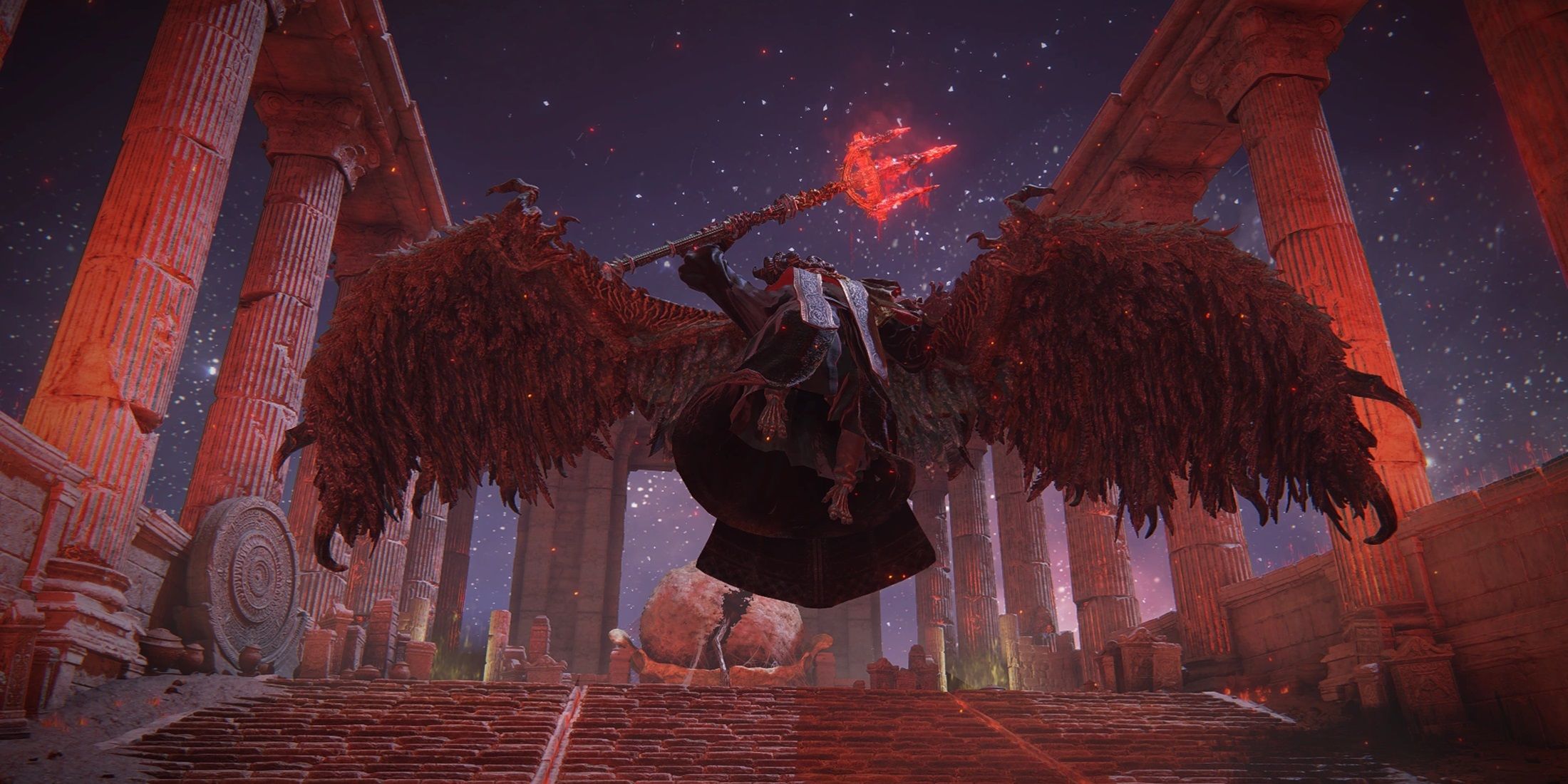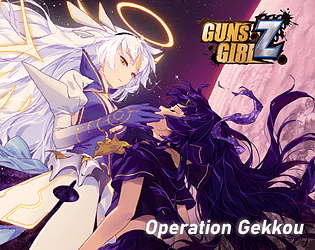As the release date of February 28 for Monster Hunter Wilds approaches, developer Capcom has announced efforts to potentially lower the game's recommended GPU requirements. This update was confirmed by the official German Monster Hunter X/Twitter account, which also disclosed that Capcom is considering the release of a standalone PC benchmarking tool.
Currently, Capcom suggests using an Nvidia GTX 1660 Super or an AMD Radeon RX 5600 XT to achieve 30 FPS at 1080p. These minimum specs also require an internal resolution set to 720p and the use of upscaling technologies like DLSS or FSR on the lowest graphics settings.
For those aiming for 60 FPS at 1080p, Capcom recommends using an RTX 2070 Super, RTX 4060, or AMD RX 6700 XT, with upscaling and Frame Generation technologies enabled. Notably, only the RTX 4060 supports Nvidia Frame Generation, while the RTX 2070 Super and RX 6700 XT rely on FSR 3, which encountered ghosting issues during the previous Monster Hunter Wilds beta.
Digital Foundry advises that for third-person games, a baseline of 40 FPS is ideal when using Frame Generation technology. Running at less than 60 FPS with upscaling can lead to increased latency, affecting the game's responsiveness and feel.
During the open beta test for Monster Hunter Wilds, players with lower-end hardware, including those with mid-range GPUs like the RTX 3060, faced challenges. A common issue was a low-LOD bug, which prevented the game from loading high-detail textures for characters and monsters.
Monster Hunter Wilds utilizes the RE Engine, first introduced with Resident Evil 7 in 2017. This engine has powered games such as Devil May Cry 5, Monster Hunter Rise, and Street Fighter 6, generally delivering smooth performance across various platforms.
However, the RE Engine has faced criticism in larger open-world games with numerous NPCs and enemies, such as Dragon’s Dogma 2, which experienced performance issues on both consoles and PC. This raises concerns about Monster Hunter Wilds' performance. With an early February open beta and a late February launch looming, Capcom's initiative to reduce GPU requirements could be crucial for the game's success on PC.

 Latest Downloads
Latest Downloads
 Downlaod
Downlaod




 Top News
Top News